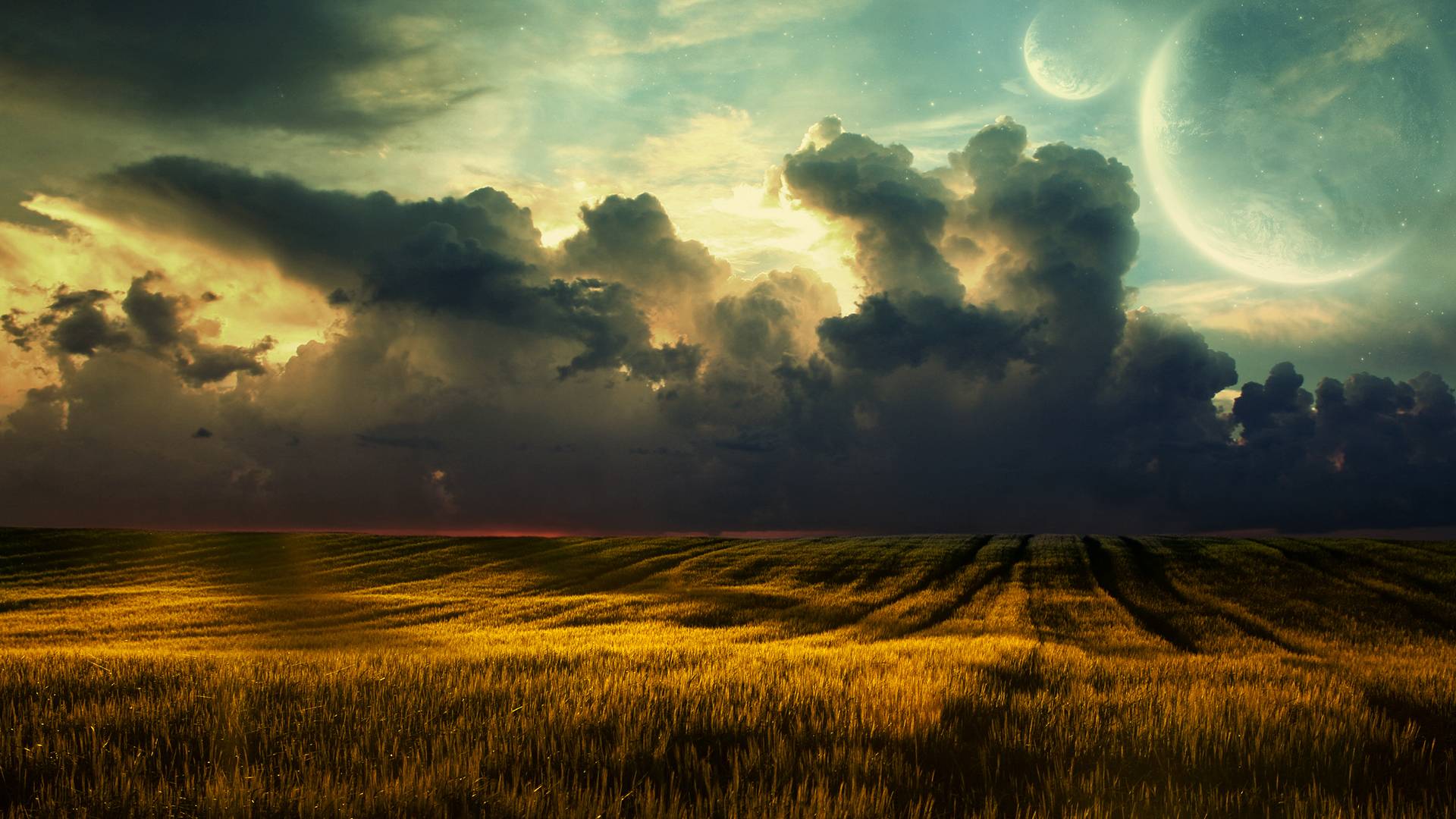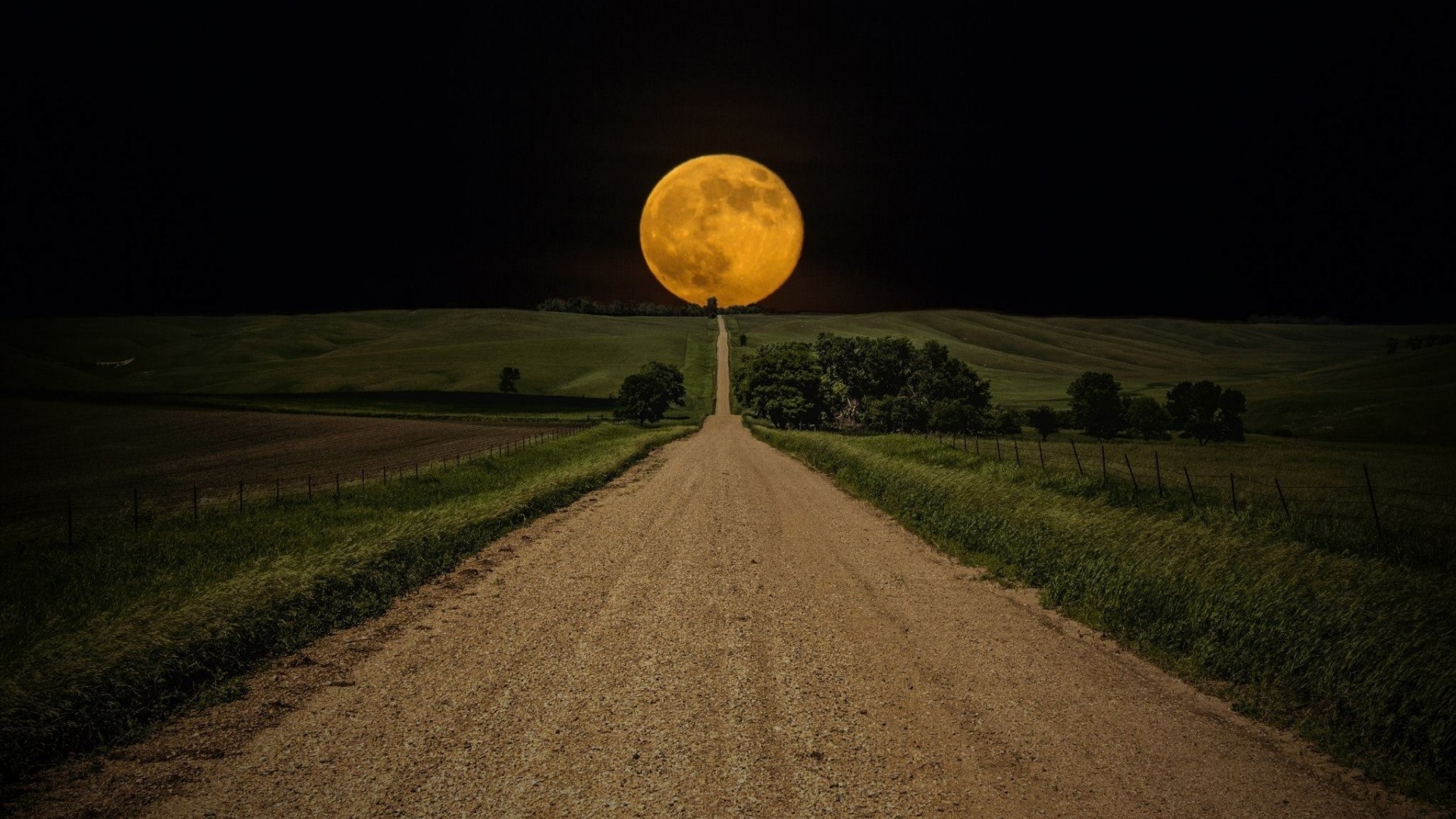Explanation of the Shadzili ad-Darqawi Wird

بِسۡمِ ٱللهِ ٱلرَّحۡمَـٰنِ ٱلرَّحِيمِ The following is the explanation of the Shadzili ad-Darqawi wird by Shaykh Ibrahim Etsko Odilus Franciscus Schuitema. The Wird : Astaghfirullah x 33 Masha’Allah x 33 Subhanallah x 33 Hasbunallah wa ni’ma al-Wakil x 33 Laa Ilaha illa Allah x 100 Swalawat x 10 Surah al-Ikhlasw x 3 Surah al-Falaq x 1 Surah an-Naas x 1 Surah al-Fatihah x 1 Du’a for whatever we want, as well as our shuyukh and all the shuyukh of the Darqawiyyah . There are five adzkar in the wird specifically designed to cultivate in us the skill of silencing our inner dialogue, so that we can see everything for what it is and therefore be in the position to give everything its due. These five adzkar are: “ Astaghfirullah ”, “ Masha’Allah ”, “ Subhanallah ”, “ Hasbunallah wa ni’ma al-Wakil ” and “ Allah ”. Our inner dialogue is sustained by hopes and fears, and because this is the case, it is biographically based. Let us say that someone






